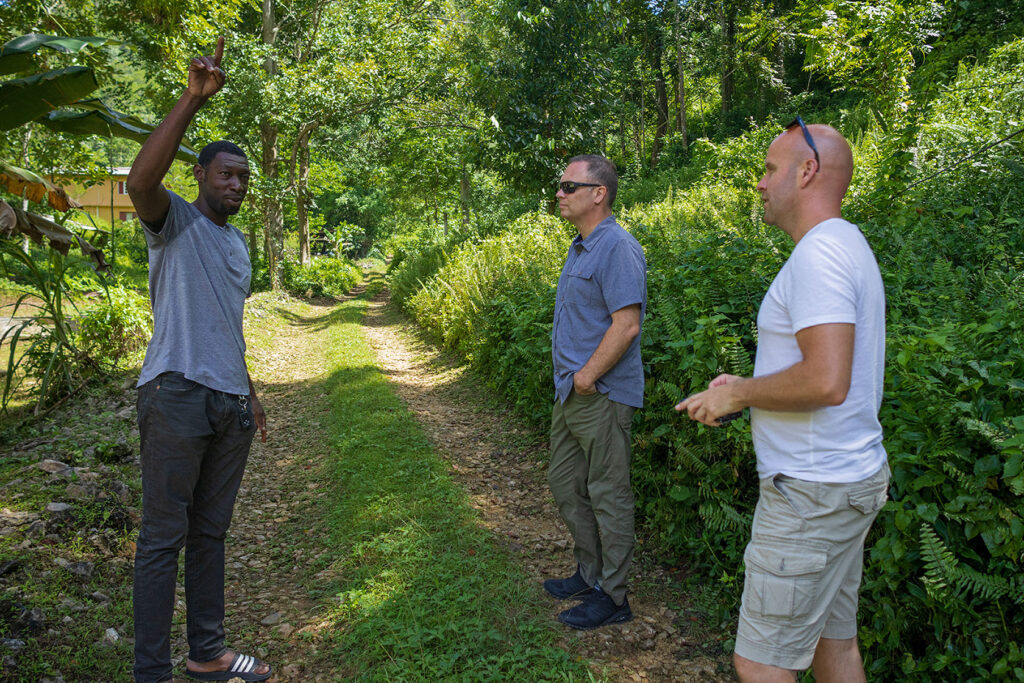Songs and sermons point with reverence to how the birth of Jesus interwove the dangling threads of prophecy into a wonderful tapestry of God’s work. While this endeavor is wonderful, the tendency of looking back with a modern view highlights a challenge faced by missionaries every day. Correctly reading the Bible (hermeneutics) is a mirror image to how missionaries are to adapt in their new homeland. If people back home develop their own ability to study the Bible correctly, they will better understand their missionaries and the challenges they face.
Let me use Isaiah 7:14 as an example. During advent, it would not take much time in a Christian bookstore to find those iconic words inscribed on an ornament or card:
“The Lord himself will give you a sign. . .”
But I am confident that a majority of Christians could not tell you the story of Isaiah 7. To most, it is a glorious promise of Jesus’ incoming birth. However, most would be surprised at the verse’s context, which captures a moment of God correcting a faithless king. It is a story of nations at war and God offering hope. That verse sits at the introduction of a lengthy prophecy about a child born during the time of Isaiah. It tells of his life and the world events that would transpire in those years.
The confidence to quote one verse while ignoring its larger setting summarizes how most Americans perceive the world. When my wife and I said we were going to be missionaries in Jamaica, we received predictable replies about the beach and vacation. Most people believed that their understanding of Jamaica was correct. They had great confidence but little knowledge.
When we arrived in Jamaica however, we had to assume the roles of students as all missionaries do. We had to learn what Jamaica was really like, take time to listen and learn. We committed to staying in the real world of Jamaica and dedicating our time and life to the people and the culture.
For most American Christians, they could experience a sample of that same process by returning to Isaiah 7. Start at the beginning and study the story. Look at a map to understand the geography. Take the time to realize that this chapter had a particular meaning and specific lesson hundreds of years before it was applied to the story of baby Jesus. Examine the story of King Ahaz, who is one of the many forgotten kings of Judah. Know what exactly God was promising in that moment, not what the verse became later.
If one would stop and look afresh at a passage of Scripture, setting aside previous opinions, it would provide several benefits. First, it deepens an understanding and affection for the Word of God. It also trains one to avoid error by examining the text for themselves. Thirdly, this practice will help us all to maintain humility both in our knowledge and in our tendency to approach the world through our own eyes.
Missionaries must become students of every aspect of life (even eating and drinking) when they arrive in a new culture. By learning to approach those familiar passages we may think we know but in reality have an inaccurate perception of, we demonstrate a similar humility and receive the same kind of benefit.




